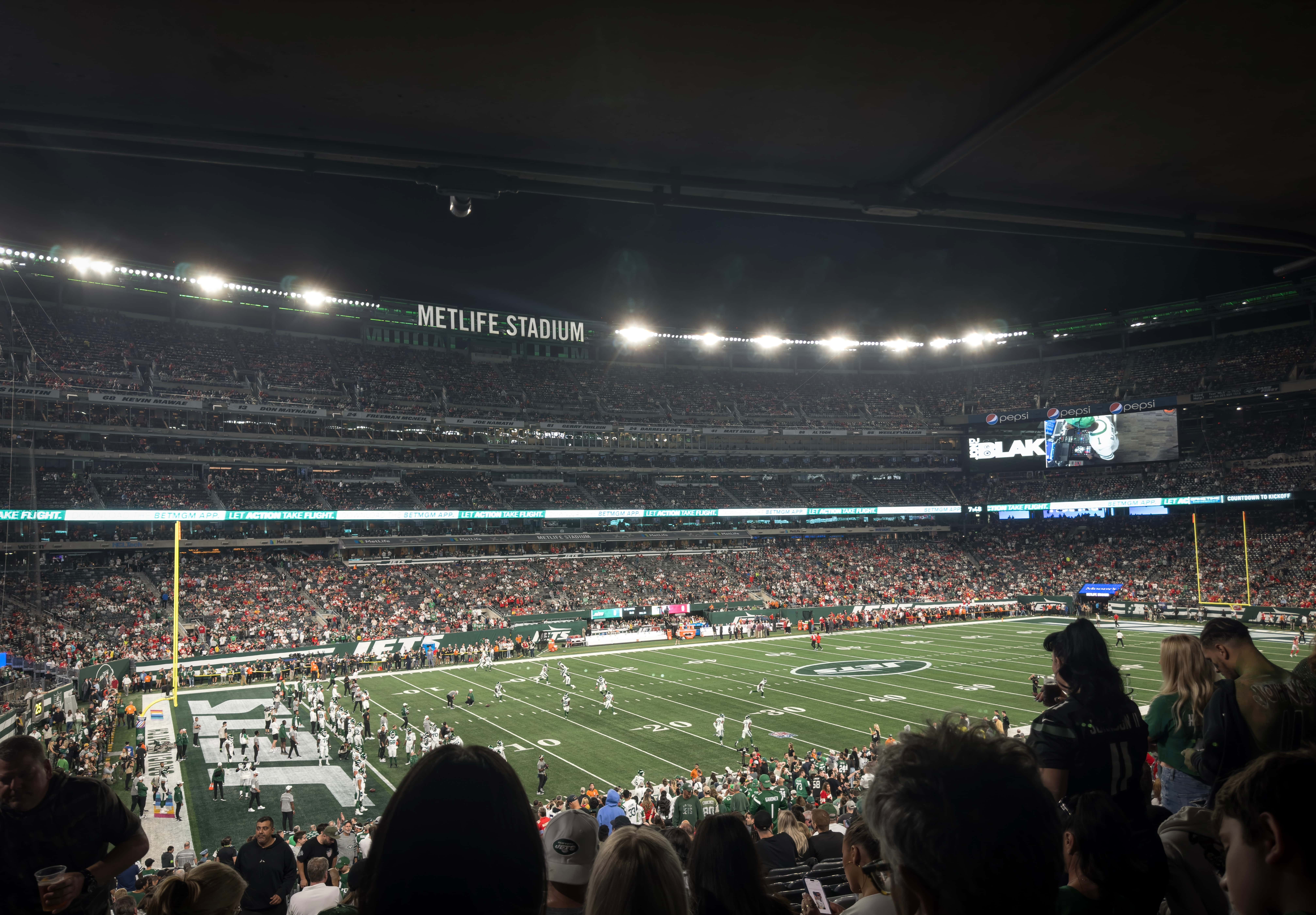On August 8, 2023, PENN Entertainment (“PENN”) and ESPN announced a groundbreaking sports gambling licensing arrangement. In exchange for $1.5 billion cash and additional stock warrants, ESPN will grant PENN the exclusive right to use ESPN’s trademark for its United States sports gambling operation. The arrangement will last ten years, with an option to extend for another ten years.
ESPN’s sports gambling licensing arrangement is notable for a couple of reasons. First, ESPN’s parent company, Disney, is notoriously family oriented. Second, no other sports gambling operator has managed to secure a licensing agreement with a brand of ESPN’s stature. ESPN Bet, which went live this past Tuesday, should immediately join the ranks of market giants DraftKings and FanDuel.
The Typical Sports Gambling Licensing Arrangement
The continued legalization of sports betting across the country has created an array of opportunities for companies traditionally involved in other sectors. Companies considering entry into the sports betting arena need to understand the nuances of attaining necessary licensure, however. While specific regulations vary by jurisdiction, the hierarchy of sports betting operations and requisite licensure is generally the same across state lines.
44 states have brick and mortar casinos. Most jurisdictions that have legalized sports betting require that sportsbooks contract with a brick and mortar casino within the state, and then acquire what is termed an “operator license.” Companies that offer goods and services to sportsbook operators are required to obtain either a “supplier license” or apply for “vendor registration.” Typically, a media company seeking to advertise on behalf of a sportsbook operator is required to have a vendor/supplier license.
Sports Gambling Advertising Licensure
Prospective sports gambling advertisers need to submit a vendor/supplier application to state gaming commissions. The level of detail materially varies by state – with application packets ranging from four to forty pages. Companies (and their principals) applying for licensure must also go through a comprehensive background check process. Typically, each applicant will be required to provide:
- A copy of any executed contract between the sportsbook operator and the subject advertiser;
- A detailed overview of all pending lawsuits involving the company;
- An organizational chart which includes high level company employees;
- Criminal history of all high level employees; and
- A corporate ownership chart.
Companies applying for licensure to advertise sports gambling can also expect: 1) follow up inquiries from state gaming commissions; and/or 2) to fill out additional forms once a licensing representative reviews their initial applications.
Vendors Must Observe Responsible Gambling Marketing Rules
ESPN announced that it would use its massive partnership with PENN to “educate sports fans on responsible gaming,” in part, by creating a “responsible gaming” committee within the company and developing internal marketing guidelines. Whether owing to internal company ethos, stringent gambling marketing regulations, or both, abiding by responsible marketing guidelines is always a prudent move. Sports gambling marketing companies must maintain an ongoing relationship with applicable state authorities after licensure is attained, as associated filings and reporting are due on an annual basis. Note that, in some cases, an advertiser’s licensure requirements may change once revenue exceeds a predetermined threshold.
The attorneys at Klein Moynihan Turco are constantly monitoring evolving gambling marketing regulations so that clients remain up to date with applicable state and federal laws.
If you require assistance with attaining sports gambling advertising licensure and/or gambling marketing law compliance, please email us at info@kleinmoynihan.com or call us at (212) 246-0900.
The material contained herein is provided for information purposes only and is not legal advice, nor is it a substitute for obtaining legal advice from an attorney. Each situation is unique, and you should not act or rely on any information contained herein without seeking the advice of an experienced attorney.
Attorney advertising
Photo by Myron Mott on Unsplash
Similar Blog Posts:
Massachusetts to Tax Fantasy Sports?




